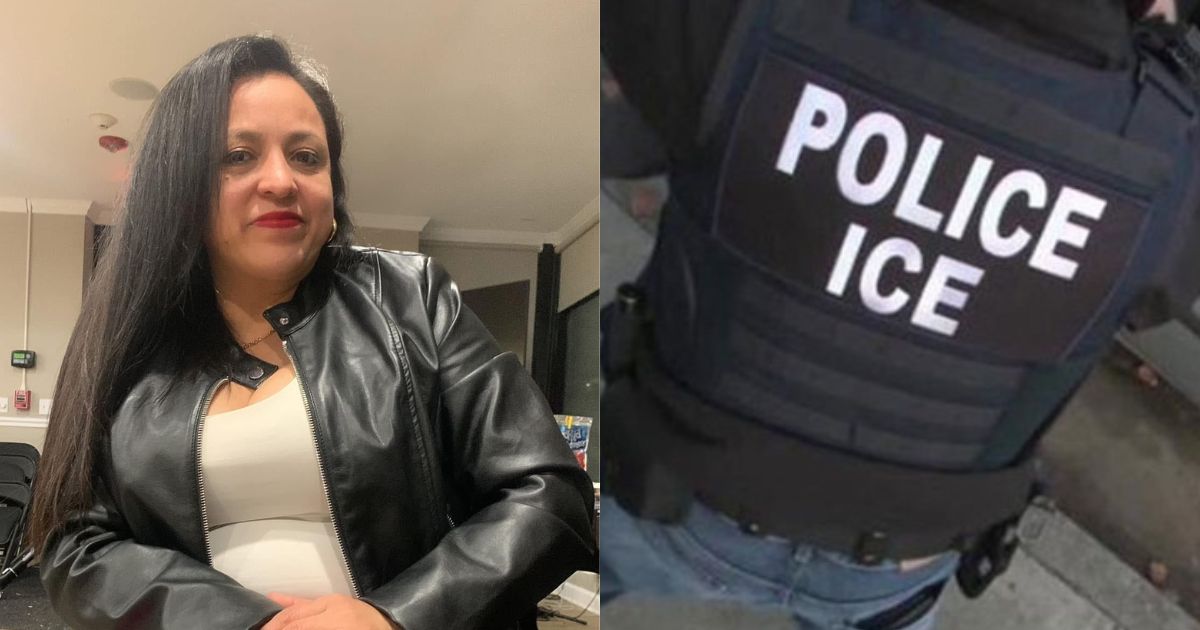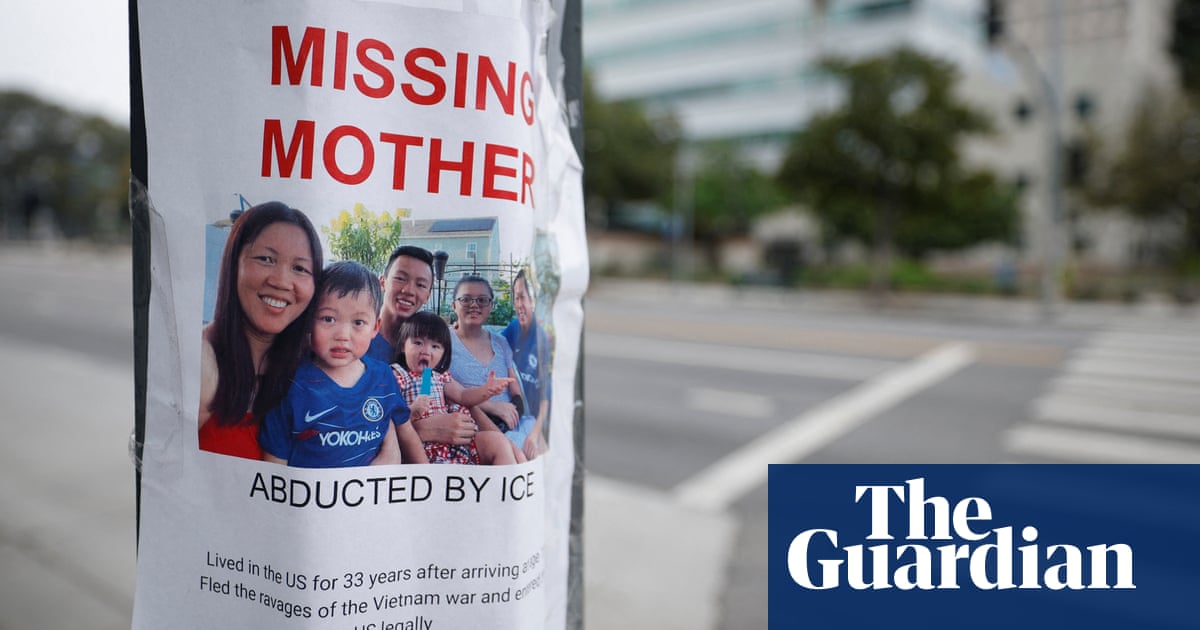There were no beds and very little food for 30 women.
A Honduran woman, Gladis Yolanda Chavez Pineda, was detained by ICE when she went in for her immigration check-in last month. She did not know that going for a normal immigration check would land her up in inhumane conditions at the Broadview processing center.
She spent 4 days in the center and then transferred to the Kentucky correctional facility. Chavez Pineda who’s also an organizer with the Organized Communities Against Deportations revealed the details about her stay. She was among the 30 women who were held there. They did not have blankets, beds, or enough food.
They did not even know what was going to happen to them next, or where they would be taken next. She was arrested on June 4 along with ten other immigrants arrested that day by ICE in the South Loop.
She noted that she got a text message that asked her to report for the immigration check-in at the Michigan Intensive Supervision Appearance Program office. This way they can monitor those with deportation status change while not taking them into custody.
The moment she arrived there, she was escorted by the ICE agents regarding her new deportation orders. Despite showing the paperwork along with her two attorneys, she was arrested. She has been living in the US for ten years now, and her case is still pending. For now, she has a temporary stay of removal by the appeals council.
She argued that if she applied for her case legally, she should not get detained. She has the work permit, social security number and pays taxes. She was detained for a month in the Grayson County Jail.
There she had to stay with twenty women, and there were just ten beds for them to share. The conditions were harsh with bright light, loud noises, and no access to medical care. They could not sleep or feel safe.
The nights she spent there, she was worried about her three kids; she never wanted them to experience this. Even when she was deported on July 13, she was in handcuffs and ankle-chained till she reached Honduras.


